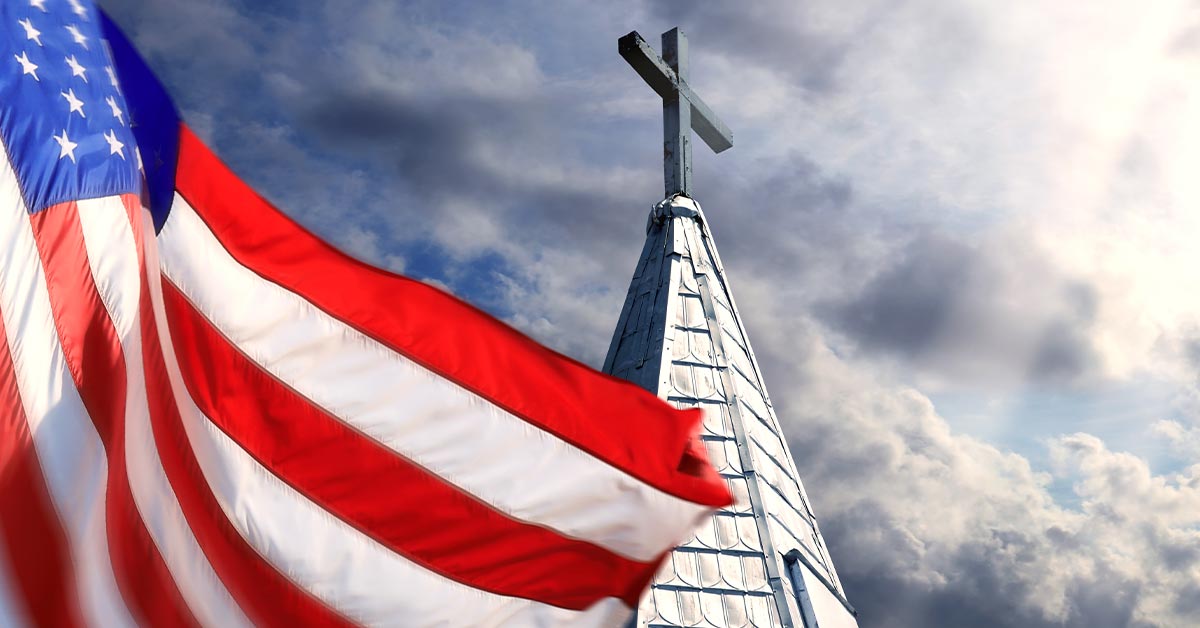Everything else being equal, the more religious the individual in the U.S. today, the higher the probability that the individual identifies with or leans toward the Republican party. I called this the “R and R rule” in my 2012 book on religion, found the phenomenon alive and well in my 2014 review of Gallup data, and now, nine years later, Gallup’s data confirm that this religiosity gap is more evident than ever.
Americans’ political identity is a powerful correlate of a wide range of Americans’ attitudes and behaviors, including, in particular, a wide range of attitudes about hot-button political and social issues. And we know that political identity is related to views of the national economy, views of the nation’s institutions, happiness, perceptions of the nation’s most important problems, and a variety of other measures. It is thus not surprising that political identity would also be related to religion.
…



It doesn’t matter what you call it, once you notice the church has gone too extreme you won’t ever go back. Especially Catholics, the American Catholic Church pushes sin. To save your soul you must leave because by its own dogma those who support what they ate doing will burn in hell for eternity.